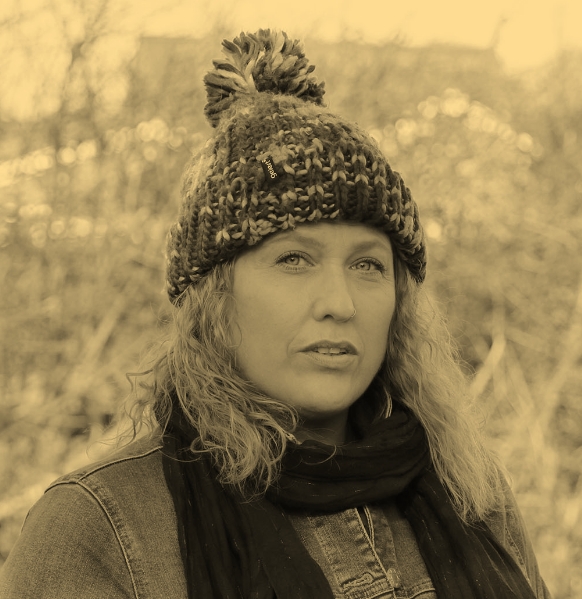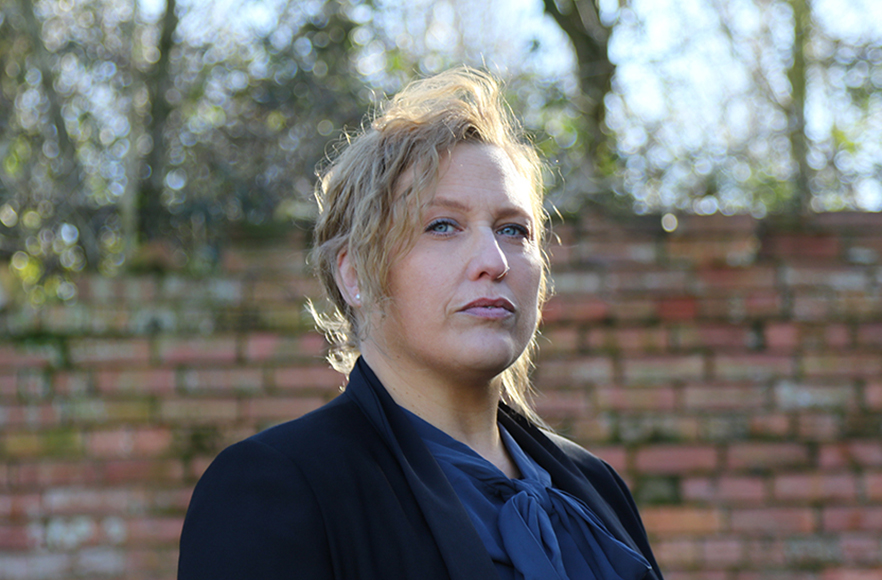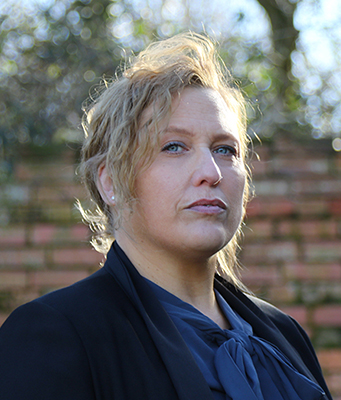Andrea Bell
14 years later I have a new perspective towards my ADHD diagnosis, and I realise it was the best thing to have ever happened to me. Post-diagnosis I love who I am.

14 years later I have a new perspective towards my ADHD diagnosis, and I realise it was the best thing to have ever happened to me. Post-diagnosis I love who I am.
It all started after my first son was born. At 18 months old I saw that there was something just different about him, even from such a young age. It was around then I gave birth to my second son and I noticed there was a clear difference between the boys. My first son was always climbing and investigating; schools would ring me to say they couldn’t cope with him, and I should “have a talk with him” to make him behave. It made me feel like a bad mum. Then one of my close friends suggested that it could be ADHD and I was mortified. I grew up thinking ADHD was just bad parenting.
I didn’t want to fall prey to the thoughts that I could be a bad parent, so chose to read up on ADHD. I threw myself into research – what I now know to be hyper-focusing.
The more I read, the more I could see myself in the symptoms and it would have me in tears. I saw myself in other people’s words and reflecting on my childhood was an emotional rollercoaster. It made me think back to my school days. I went to an all-girls school and the idea of girls having ADHD was unheard of, it was the “naughty boys” condition. When report day would come around, I remember being terrified of opening the envelope. Every time would be the same: “Lacks concentration, forgetful, fidgets and doesn’t focus. Impulsive and clumsy”. I would get told off by the teachers and my parents because I wasn’t conforming, and I could never understand why… I was trying so hard, but it wasn’t enough. As I got older, things got harder and as a teenager, I was told it was depression and was prescribed antidepressants, but they didn’t seem to work.
After digesting the research, I decided my son and I needed to see an expert. My son was finally diagnosed aged 6, while I was just about to start my journey. Although it wasn’t easy for either of us, I didn’t know any other adults with ADHD. Luckily my GP was supportive, and he sent me to the mental health team at my local hospital. I was in the doctor’s office for hours, pushing them to refer me to an ADHD specialist outside of my local area but I was continually told it was depression, but I had a strong feeling it wasn’t. At the same time my son was under the care of a psychologist and thankfully they referred me. I was aged 34 when I was finally diagnosed with ADHD.
After my diagnosis I went through emotional turmoil. I was embarrassed and ashamed, angry and upset, thinking back to all the moments in my life I felt I’d lost due to the lack of a diagnosis.
I was lonely – my friends and family just couldn’t understand what I was going through. So, I created a poster to advertise a coffee drop in on Thursdays in a Café in my local area to find anyone with ADHD. To my delight someone around a similar age turned up – we were talking for ages and I finally felt that someone just ‘got me’. This was the start of ADHD Norfolk. ADHD Norfolk is a charity I set up in 2007 to support everyone impacted by ADHD. We have support groups for adults and children across the county, training methods for schools to look out for the signs of ADHD and how to appropriately support children that have been diagnosed.
14 years later I have a new perspective towards my ADHD diagnosis, and I realise it was the best thing to have ever happened to me. Post-diagnosis I love who I am. Now I have my diagnosis, I am determined to educate the public, to stop the scoffs and dismissal when a woman thinks she might have ADHD, to show that being ‘forgetful’ with ADHD isn’t the same as someone who doesn’t have the condition losing their keys or misplacing their wallet. There is an ‘out of sight, out of mind’ perspective to ADHD and I am hoping by sharing my story, I can change that.


East England
Head of Children and Family Services at NANSA
Aged 33
Key symptoms Forgetfulness, difficulty concentrating, fidgeting
Do these stories sound familiar to you? If so, you might want to consider speaking with your doctor about ADHD. Visit our symptoms page to learn more or download our discussion guide to help you prepare for your appointment..
You are about to leave the Staring Back at Me campaign website.
Takeda makes no representation as to the accuracy of the information contained on sites we do not own or control. Takeda does not recommend and does not endorse the content on any third party websites. Your use of third party websites is at your own risk and subject to the terms and conditions of use for such sites.